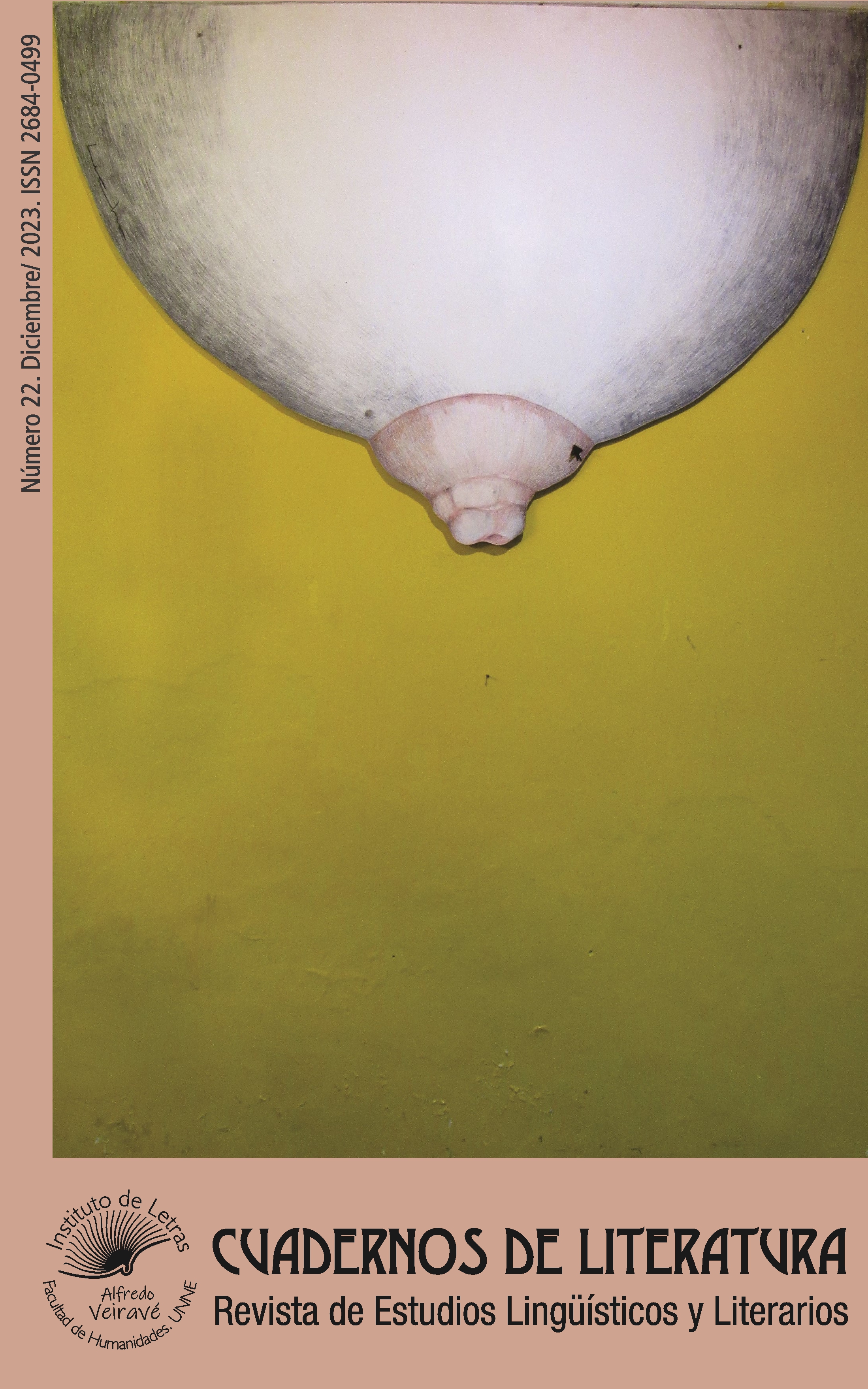Epistemic and Transmodern turn in Césaire’s notion of blackness
DOI:
https://doi.org/10.30972/clt.227309Keywords:
colonialism, racism, negritude, epistemic turn, transmodernAbstract
Aimé Césaire’s critical-reflexive thought innovates in highlighting the origin of racism at the epistemic level, thereby guiding the development of epistemic decolonization in the Hispanic America region. Under these precepts, he analyzes the consequences of colonialism on underdeveloped countries and racialized bodies. Additionally, he guides the analytical process towards an inclusive and supportive view between peoples or nations. These aspects are understood as part of the legacy of negritude, which traces parameters for overcoming modern Eurocentric categories, to place itself in a world project of transmodern liberation.
The notion of negritude acquires relevance as a regenerative concept that includes the “pariahs of the earth” and invites to complement the own paradigm with the European one, without one or the other being hidden or destroyed. A process of rediscovered identity, of recognized difference, mutually consented and, therefore, surmountable in complementarity.









52.jpg)









